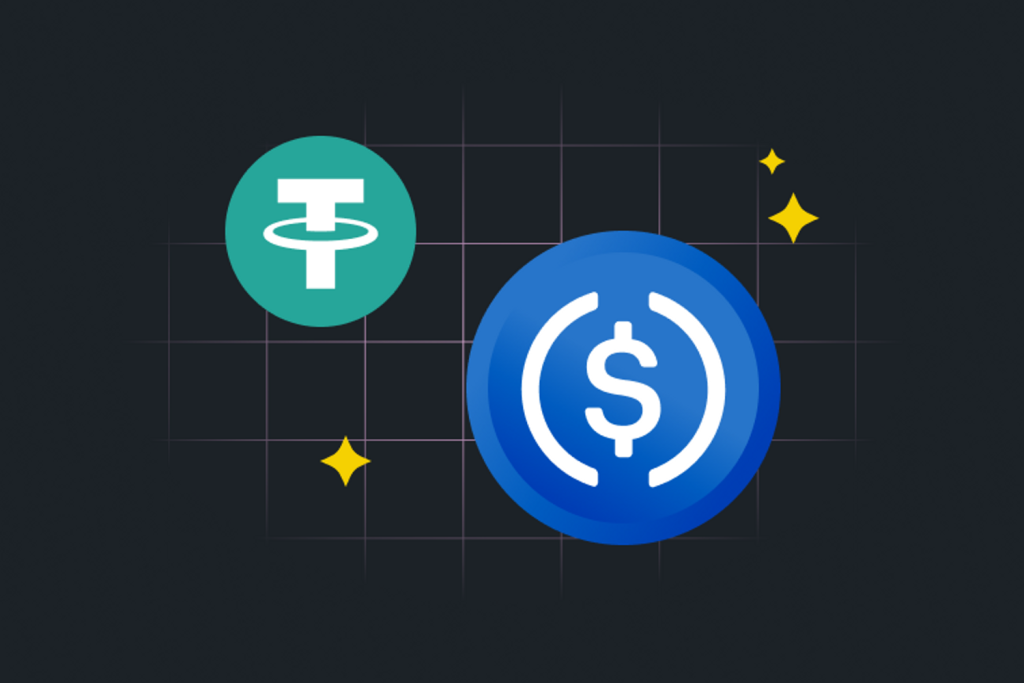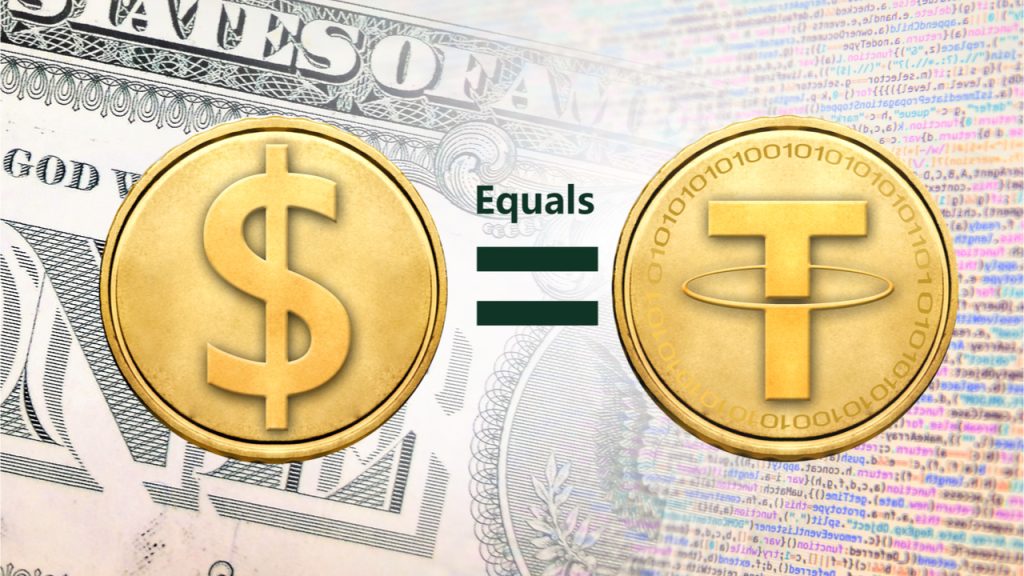For as long as we can remember, colleges and universities have relied on scholarships using their endowments, donations from alums, and even government grants. But with the current inflation, families are finding it increasingly difficult to afford the education and meet the ever-growing requirements for financial aid. This is where crypto-sponsored varsity scholarships come into play: systems that funnel donations made through blockchain technology into stablecoin tuition scholarships. These initiatives aim to unlock new avenues for philanthropy in the higher education space by utilizing the speed, transparency, and borderless nature of stablecoins.
The Rise of Crypto Philanthropy in Education

Cryptos have been popular with blockain enthusiasts but recently have started getting recognition from mainstream markets, attracting institutional and visionary investors alike. This increase in the use of cryptocurrency has given rise to a new concept: crypto philanthropy charity projects funded by leading blockchain foundations, crypto exchanges, and philanthropists. The promise of long-term societal impact has made education the primary focus for these donations. Crypto donors love the fact that blockchain donations can be tracked in real-time which makes ensuring that the intended recipients get the funds without extra and hidden fees extremely easy.
Stablecoins, or digital tokens pegged to a country’s fiat currency like the US dollar, are the most appropriate for this purpose. Unlike other cryptocurrencies that change in value dramatically, stablecoins retain their purchasing power which guarantees the consistent value of scholarship awards from the grant date to the tuition payment date. This guarantees donor and institutional support. Donors are protected from the risk of offering devaluing assets and universities can reliably budget knowing exactly what each donated amount will cover.
How Stablecoin Sponsored Scholarships Operate
The approach to these crypto-sponsored scholarships is remarkable in its simplicity. A sponsoring foundation, DAO, or individual donates an earmarked sum of stablecoins as a scholarship pool at the start. The pool is managed by a smart contract or consolidated scholarship platform which streamlines the application process and self manages din eligibility verification and optionally preset disbursement rules. Students submit applications through a web portal, alongside academic transcripts, financial need declarations, and any other supplementary documents outlined by the sponsor.
After determining the recipients either through a committee’s decision or through voting in case of scholarship DAOs, the scholarship platform proceeds to transfer the prescribed stablecoin amount to the designated wallet address for the respective university. Due to the speed and low fee of stablecoin transactions, tuition payments can be processed well before the billing deadlines, saving both aides and students from the hassle and expenses incurred due to lengthy wire transfers and their settlement. In the case of multi-year awards and other ongoing scholarships, the smart contract can program automatic recurring payments each semester while seamlessly meeting criteria like maintaining a minimum GPA for renewals, community service hours, etc.
Benefits for the students and institutions
Scholarship payment restrictions mostly benefit international students: They face no issues related to unstable currency conversions or international banking fees. Students receiving stablecoin scholarships enjoy instant access whilst remaining devoid of cross-border transfer hassles. Students attending to their tuition payment deadlines are now able to concentrate and focus on their studies, instead of worrying about their funds getting processed weeks and months later. With increased accessibility and streamlined payment methods, the newly-inclusive scholars from underrepresented areas can receive top-tier education without being bogged down by financial difficulties.
Also, universities benefit greatly. Administrative staff spend less time on payment reconciliations, disbursement schedule management, and transaction error resolution. Compliance with laws and reporting to accrediting and government agencies becomes streamlined as blockchain technology’s immutable audit trail ensures accurate tracking and simplifies reporting. Additionally, scholarships sponsored using cryptocurrency can act as recruitment tools: colleges that adopt creative funding demonstrate a commitment to technological leadership, which helps attract students who appreciate forward-looking institutions.
Along with operational benefits, stablecoin scholarships strengthen the bond between the sponsoring organization and the university. Donors receive up-to-the-minute dashboards tracking the precise allocation and spending of their funds for tuition, housing, or textbooks. This high level of accountability enhances philanthropic engagement and cultivates a positive cycle of donations.
Challenges and Regulatory Considerations
Scholarships funded through cryptocurrency face challenges despite their potential. There is a lack of uniformity regarding crypto-sponsoring scholarship frameworks: some countries have stringent identification and reporting regulations while others classify some coins as securities. Scholarship platforms must comply with anti-money laundering (AML) and know your customer (KYC) regulations that require identifying both sponsors and recipients without violating the core principle of decentralized blockchain philanthropy.
Concerns regarding the reputation associated with cryptocurrencies or how to best protect a digital asset may make universities apprehensive about its use. Worries about the security and insurance of stablecoin custodial balances can be alleviated through custodial partnerships with regulated the crypto custodians. Sound policies on gift acceptance, taxation of stablecoin donations, and disbursement of funds outline clear legal boundaries that can safeguard the institution as well as the students.
Incorporation of new technology can present other challenges. Donors and recipients must not have to deal directly with the complexity of blockchain. Scheduling of billing with the university or access to student databases may need sophisticated API privacy measures. To conventional token payments, advanced education and training geared towards the finance staff at universities is required.
Considering the Post: Prospects of Cryptographic Scholarships

With the success of initial trials, more advanced cryptographic scholarships will rapidly increase in popularity. A union of multiple universities grouped by location can pool together to provide scholarships specific to the area which would encourage students to study there. Modern blockchain protocols like DIDs make it possible for students to streamline the application verification process and use their credentials across multiple scholarship applications which reduces the amount of paperwork they need to fill out.
In addition, DAOs for scholarships might allow wider participation of communities at large for selection processes, thereby enabling philanthropic decision-making to be democratic in nature. Alumni associations may create and sell alumni-branded NFTs which would grant holders the right to vote on who gets awarded a scholarship, thus integrating fundraising with participation. Automated scholarship renewals could be issued through smart contracts based on on-chain metrics such as grade point averages or retained credit hours, making the reward of academic achievement more efficient and reliable.
The combination of crypto sponsorship and payments via stablecoins presents the most impactful change to varsity scholarships. Integrating the crypto world’s speed, transparency, and borderless access with blockchain, along with the certainty offered by pegged digital currencies, these programs can eliminate and reduce financial limitations, improve university administration efficiency, and transform future generations to scholars prepared for a decentralized world. The stablecoin as tuition payment might shift from an innovation to the standard as more universities adopt the crypto paradigm for funding advanced education.


